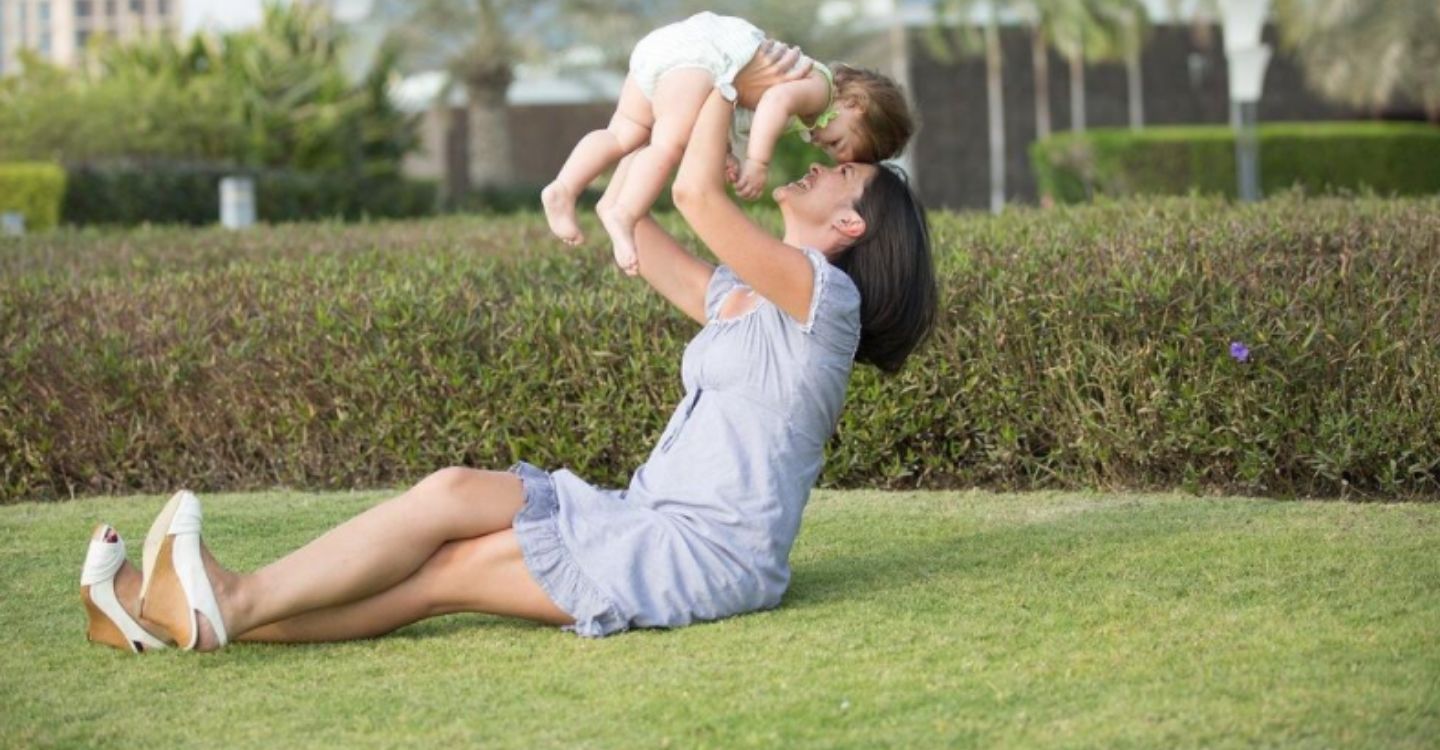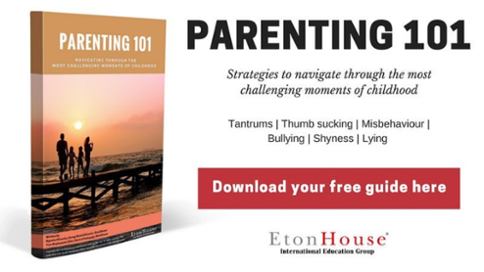-1.png)
EtonHouse Singapore
Our interactions with children lay the foundation upon which their lives and life experiences are built. Parenting styles are in fact very often a reflection of our interactions with adults when we were children and much has been said about different parenting styles. What is ‘respectful parenting’? Is it a parenting style, is it a philosophy or is it a way of being? What does it translate into for parents and what does it look like when it comes to parenting and real-life interactions with children. We speak to Li Ling Phua, Director of Chapter Zero, a social enterprise that started in 2015 by two mums who were yearning for children to have a childhood with more freedom, play, and respect.
You can listen to the podcast here.
What is respectful parenting? Is it a philosophy or a parenting style?
Respectful parenting is an approach to caring for our children, parents who practice this approach, often reflect on how they would like to be treated and apply it to their child. We are aware that babies and young children are often treated very differently because of society's lens of children. This is a lens where children are often seen as wild. An adult's role is perceived to therefore tame, control or mould their child.
Babies have unique personality traits from the time they come into the world and they are born with an innate drive to live and learn about the world around them. Respectful parents then want to get to know their children better in order to identify and respond to their needs.
Children need to be heard, seen and accepted just as adults do from the moment they are born. In this environment, with the support they are given, that they can unfold their full potential and hopefully live meaningful lives.
In order to parent respectfully, we have to unlearn plenty of what we have learned about children and the role of a parent from our own upbringing, and from observing how adults in our society tend to treat young children. It involves looking inwards and becoming mindful of ourselves and intentionally making different choices in order to be aligned with our current values.
In this process, many parents adopt a very different way of being, an example is supporting children in processing their difficult emotions by being aware of our own emotions as we too run away from certain emotions. We therefore have to learn to be more accepting of our emotions.
This growing internal awareness often permeates through every area of our lives. In this way, you can see how respectful parenting becomes a philosophy because it's more than a way of parenting. Rather, it becomes a way of being and interacting with our environment and the people around us. For me, the real learning came when my child actually came into the world. I had to work on myself. Parenting became like a mindfulness practice. It was really challenging. It set me on a path of immense growth.
How do we translate respectful parenting into practice with our child?

It took a transformative experience with my child to put things into perspective- I was overseas with my husband and child and I was often left alone with our child whilst he was at work. One day, she was crying a lot and it really got on my nerves. I got very edgy and started to have strong urges to become aggressive. I knew I was losing control of myself. I had already gone into the shouting but I was doing everything I could to not physically hurt her because in my head I was picturing physically hurting her. That moment was a cognitive dissonance for me because I was trying to put into practice all of this respectful parenting that I read and learn.
That experience took me back to my childhood and got me to find out more online. I found Dr. Dan Siegel's book parenting from the inside out, and it helped me to process a lot of my own childhood, overcome my triggers as a parent. Practising respectful parenting has helped me handle my children better when they are crying.
How can we handle our children's tantrums and interact with them?
- Staying calm- if my child has gotten her hands on something that isn't really safe for her and wants to explore with it, I would calmly advise her not to and wait till she releases her grip while putting a firm and opposing force.
- Understand that I have to be comfortable in knowing that it's normal for a child to be upset when they can't have something that they want.
- Explaining to them that it isn't safe. It doesn't have to be authoritarian or aggressive.
What are some of the resources that parents can access to familiarise and equip themselves on this subject?
You can begin by searching resources from infant educators:
Magda Gerber, an educator and advocate for both children and parents with her book, 'Dear Parent'.
Janet Lansbury. You will find many of her articles that are very helpful for parents. she does podcasts as well.
Chapter Zero- We run a parenting Facebook group. In Singapore (Respectful/mindful parenting Singapore).You'll be able to be posts by other parents and how other parents react towards certain situations and learn from that.


